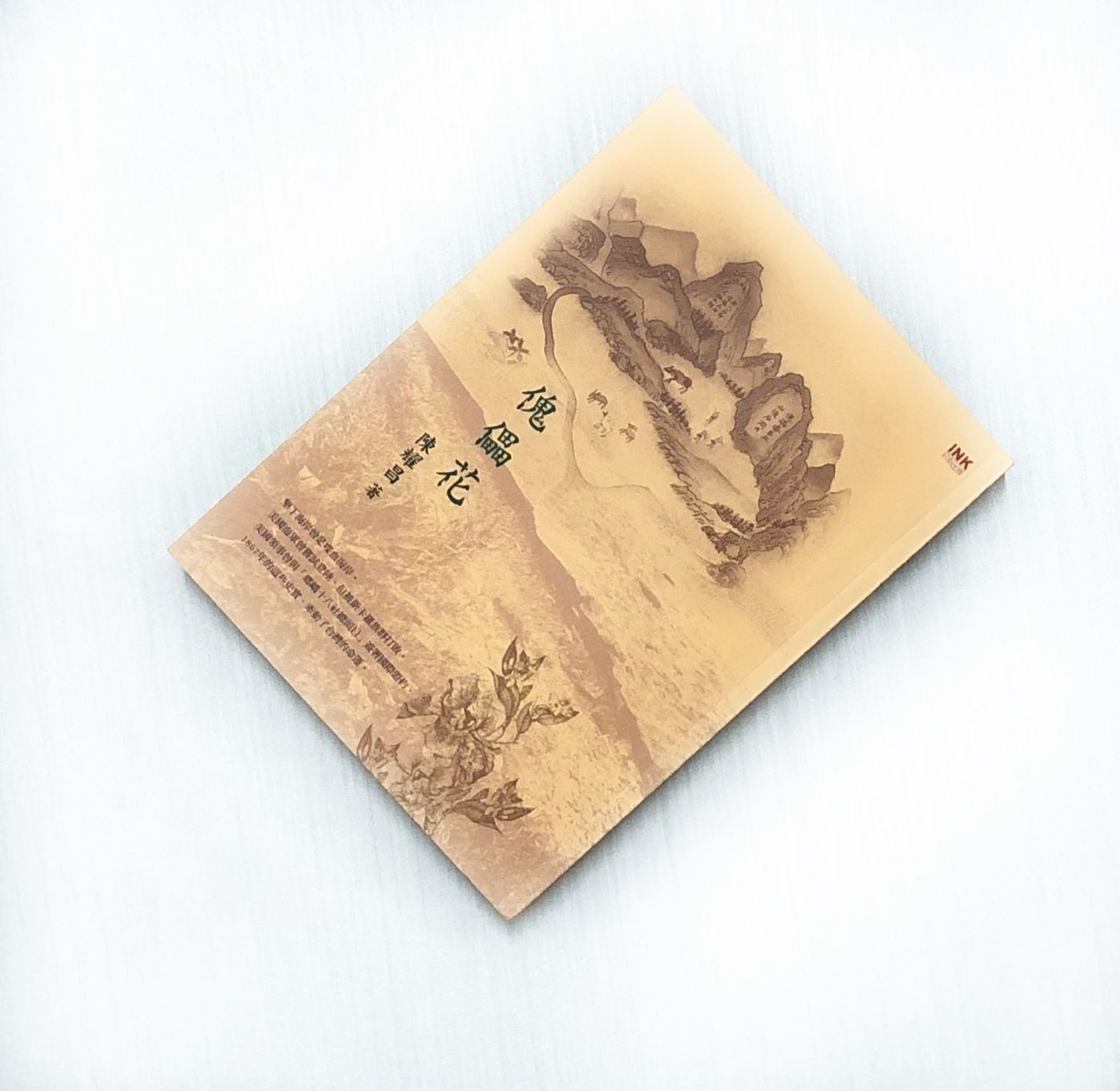[Reading Notes] About the history of Taiwan that is understated in textbooks but is very important to Taiwan - "Kui Hua"
If we look at it from the perspective of Taiwan's "homeland" rather than "Middle-earth", 1867 was a crucial year in Taiwan's history. This year marks the second time since Kangxi closed Taiwan (in 1683) and Taiwan and its people disappeared from world history for 184 years.
It is worth pondering that the protagonists on the stage were not the Qing civil servants and military generals who governed Taiwan at that time, they were only supporting roles. The protagonist is a big boss who is looked down upon by the Qing court and the people under his command. And the location is the "Langqiao Puppet Mountain" which is not very familiar to modern Taiwanese.

Taking the local history of Taiwan as the call, coupled with the large scale of the rare Taiwanese drama, "Scarlo", which will be broadcast in 2021, although the evaluation is polar, it still raises many topics, and it has also become an important theme for Pingtung to promote tourism. In fact, at least a year before the TV series was staged, the author once read this historical novel "Kui Peng Hua" written by Dr. Chen Yaochang in a homestay in Kenting and other places, but it was not until I finally decided to abandon the drama. I really had the idea to read this original work and learn more about the history of my hometown.
A historical novel based on the "Lomei Incident"
Based on the historical materials of the "Luo Mei Incident" in 1867 and its subsequent development, "Kui Hua" describes how Taiwan re-emerged on the international stage in the 19th century, and paradoxically let the original Residents have become an internationally recognized political subject, and the process of negotiating and contracting with foreign powers. With the mixed-race identities of the protagonists Diemei and Wenjie, not only the reality of the mixed races in the area at that time was presented, but also the contradictory relationship between the various races that competed and sometimes had to cooperate.
Perhaps it is because through the text, the possible interference caused by acting is eliminated, and the length of the book is quite long (about 460 pages), so that the logic of the plot is smoother, and at the same time, it provides enough information so that readers can have a good understanding of the story. Learn how the event unfolded. It can also be seen from many places that the author has indeed pondered a lot about history, and the author even finally understands why the "kui puppet" was considered a great insult to the aboriginal students when he was in middle school.
The characters and plot are unsatisfactory, and there are too many fictional parts
But as far as the novel is concerned, the characters of "Kuiduhua" are easy to give people too "decent", and lose the feeling of humanity. Some of the plots of sexual violence and the description of the protagonist's state of mind may even make people feel outdated and outdated. The discomfort of patriarchal thinking. In addition, there is a lot of fictional content in the novel, and even "Butterfly Girl" does not exist. Although the author stated in the postscript that this is a space for the novel to develop, and believes that it can add color to the story, it is too "brain supplement" information. , still makes me feel a little prickly.
The purpose of this book "Kui Pohua" is to allow readers to look back on 1867, the era of Taiwan's second internationalization. A story that has traveled through the land that is now regarded as the border of Taiwan, and then comprehensively affected the fate of the entire Taiwan.
Although it cannot be used as a complete reference to history, Kui Hua Hua takes the perspective of the aborigines as the main body, coupled with the historical view that is different from textbooks, there is indeed something to be seen, especially Pan Wenjie's emotion at the end, perhaps It can also echo with the aboriginal groups today. Whether it's "Kui Hua" or "Scarlo", it allows people to rethink the few lines of history textbooks in the past, perhaps not so insignificant to Taiwan, and I hope these works can inspire more authors. To discover more about the neglected history and value of Taiwan in the past.
Eslite Online: https://reurl.cc/q1MV3N
Jinshitang Online Bookstore: https://reurl.cc/mveMNM
Blog from: https://reurl.cc/0xYvyb
Reading Book Life: https://reurl.cc/emjz7L
Read the second-hand books: https://reurl.cc/kLGO3b
Like my work? Don't forget to support and clap, let me know that you are with me on the road of creation. Keep this enthusiasm together!



- Author
- More